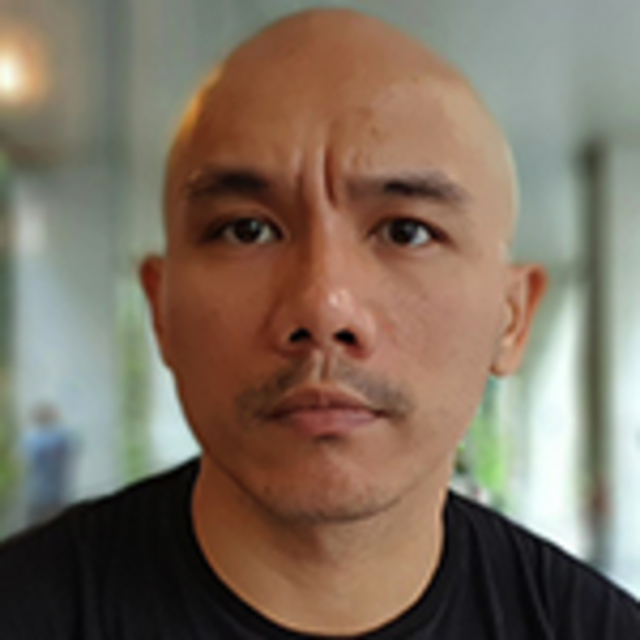

Administering public health requires a team. It requires scientific and artful efforts of several disciplines – from historians and anthropologists, from clinicians and researchers, to economists and financial managers, to policy wonks and filmmakers, to social media influencers and the arts itself. This cross-cutting diversity is crucial for promoting and improving our health.
Yet much of public health worship a false idol: the Filipino doctor.
Physicians have a monopoly in leadership positions. Nearly all top jobs in the Department of Health are held by doctors. There is a medical hegemony – from hospital chiefs and down – at provincial and local hospitals and centers. It is nearly impossible for career managers and directors to hold key management positions because there is a preference for those with a medical degree.
Crucial public health decisions are made by health professionals with a vested interest in treating disease but whose medical training lacks the health systems thinking required in preventing it. Working to improve the health of the public is not the same as practicing the principles underlying it. Their seat at the head of the table is not justified.
What we are born into, how we grow old, where we live and work – these are the conditions that are mostly responsible for our health.
How money, resources, and power are distributed is the reason why some get sick more than others. When we target these conditions, we save money, live longer and healthier, and reduce these avoidable and unfair differences. But doctos are not trained how to redistribute these scarce resources and how to affect change in these conditions. And our health system suffers for it. (READ: [OPINION] Why public health is public wealth)
The 2018 report of the Asia Pacific Observatory on Health Systems and Policies is very telling. We spend more of our own money on health care compared to our Association of Southeast Asian Nations (ASEAN) neighbors.
Our spending on prescription drugs and physician fees account for the bulk of this out-of-pocket spending. There is also no standard fee schedule for services. Hospitals, led by physicians, are left to decide how much to charge for which service. They might prioritize our health, but no hospital, especially private ones, survives unless it maximizes profits.
These weaknesses in our health system reflect the challenges of PhilHealth – also led by physicians – to minimize financial hardship when we get sick. But more than that, it shows the limitations of a service-oriented, prescriptive medical model.
Doctors are expected to be experts in budget constraints and financial protection on the very health problems from which they profit. Which class in medical school had a deep dive in how to police their own behavior? (READ: Bringing care back to health care)
Our worship of doctors is dedicated to identifying how they improve the health of the nation. Indeed, most go into the profession with a genuine resolve to help others. What is less discussed is that health problems, especially among the poor, make possible the dominance and popularity of medicine as a profession.
Doctors need sick people. They benefit from a health system that perpetuates chronic ill health. They benefit because our health care prioritizes clinical and pharmaceutical interventions, rather than prevention. Our poor health system makes sure that Filipinos stay sick and that doctors are there to rescue them.
Public health requires managing and reconciling uncertainties. We have opaque knowledge about any one health-related problem.
The body of medical information about the human immunodeficiency virus (HIV) cannot fully account for the alarming rise of the disease in the country, for the low rates of starting anti-retroviral treatment (ART), for the high dropout rates when HIV-positive Filipinos do start ART, for the low condom use, and for the poor access to pre-exposure prophylaxis (PrEP), which can substantially reduce risk of getting the virus.
HIV is a complex biomedical, social, behavioral, economic, environmental, and health systems problem. Each of these disciplines is not enough to apply public health practice to HIV. Our worship of doctors and their dominance in positions of leadership are therefore irresponsible. Scientific evidence shows that public health practice cannot rest in one discipline. The way forward against HIV, as with other problems, is shifting our bias away from physicians.
This necessary rude awakening also demands that other disciplines step up their game. If other non-medical sectors no longer wish to feel marginalized, they must reposition public health as core to their professional practice.
The Filipino anthropologist is excited to understand how sociocultural and linguistic influences shape our understanding of health.The Filipino economist is committed to closing the gap between what the doctor knows and what the patient knows. The Filipino behavioral scientist does not stop at mental illness but rather links these to sikolohiyang Pilipino (Filipino psychology), health care services, and social inequities. The Filipino teacher is enthusiastic when a student wants to be a doctor or nurse but is equally eager for the student to be a landscape architect, a graphic artist, or a social worker.
Each discipline, including medicine, is vital. Public health thrives when these sectors work together with no one field as superior.
The newly signed Universal Health Care Act is a watershed moment. Rules and regulations might encourage cross-disciplinary collaborations. But in the current policy climate, medicine is ascendant, with other disciplines serving a supporting role. This is antithetical to the proper implementation of public health strategies and to the multidisciplinary partnerships universal health care requires.
Medical paternalism has no place in a public health team. – Rappler.com
Dr Ronald del Castillo is professor of psychology, public health, and health policy at the University of the Philippines Manila. The views here are his own.